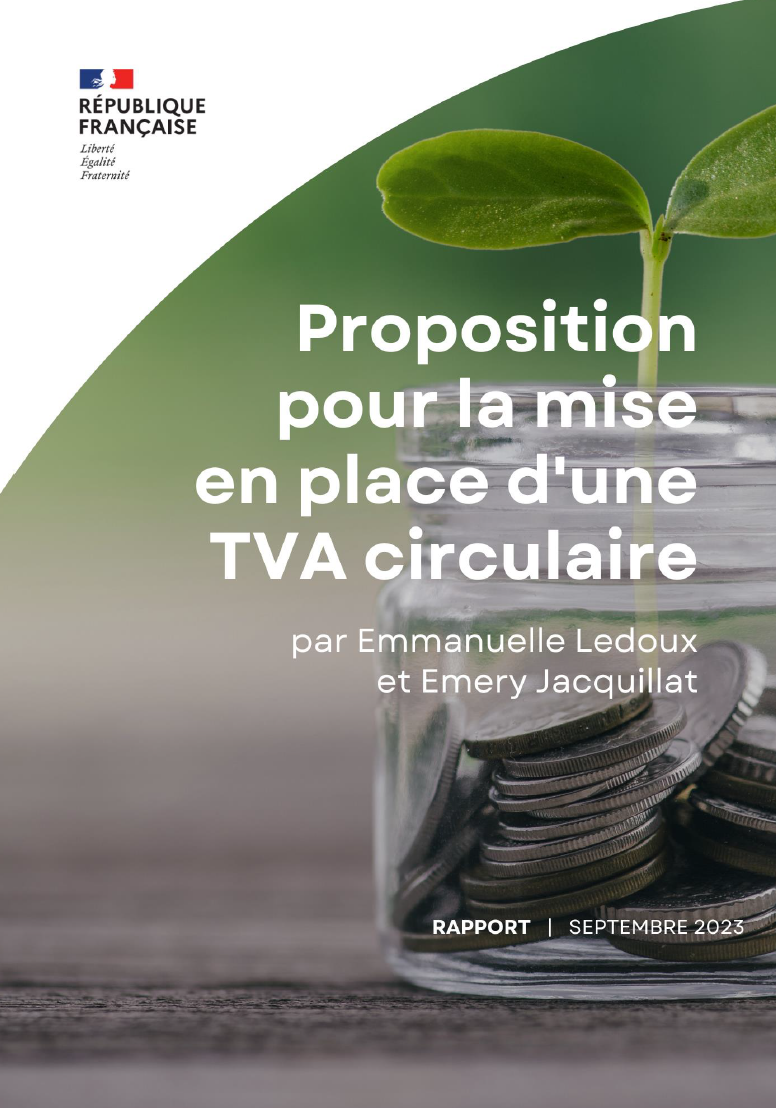The removal of fossil fuel subsidies (FFS) has long been a contentious issue in global climate policy. FFS distort energy markets, encourage excessive and non-optimal fossil fuel consumption, originate both deficits in government fiscal budgets and significant misallocation of fiscal revenues, and impose significant economic and environmental costs. In 2021, 51 countries spent $697 billion to directly subsidize fossil fuels, while a third of that amount could serve to eradicate global extreme poverty[1]. If we add to that amount the indirect costs of externalities (contribution of fossil fuels to global warming, local air pollution, forgone consumption taxes), FFS represent 6.5% of the global gross domestic product.[2] [3] Tax breaks and spending programs related to fossil fuels in G20 countries reached $190 billion in 2021, which was higher than in previous years[4]. These FFS are not only economically unsustainable but also regressive, since they do not provide any benefit to the poorest 20% of the population but only to the wealthier.
At the same time, many countries are considering the possibility of implementing domestic carbon taxes to meet the emission reduction targets set by the Paris Agreement. This policy has also met resistance by the public in general, which is evident from the recent experiences in e.g. France, Australia, and Ecuador. Moreover, these efforts are hindered by existing policies that maintain FFS.
by Niklas Harring, Erik Jönsson, Gabriela Mundaca, Simon Matti, Sverker C. Jagers
Policy Challenges and Public Attitudes
The difficulties that the world experiences, both in its attempts to remove the direct and indirect costs of fossil fuel subsidies and putting carbon taxes into effect, are matters of serious concern. To effectively address these issues, it is important to analyse the political feasibility of such policies and to determine what the obstacles can be to reach public acceptance. This is particularly important in developing countries, where the impact can be most impactful especially because it will increase their opportunities to raise fiscal revenues (from carbon tax collection) and save fiscal costs (from reducing FFS), both of which are critical for many low-income countries with low tax revenue collection and crucial needs to finance social services to their citizens.
Public opinion and policy acceptance are influenced by factors such as perceptions of fairness, effectiveness, political trust, economic benefits and costs, as well as climate concerns. Hence, understanding how to minimize public opposition to FFS removal and carbon tax implementation policies are crucial for accomplishing successful climate change mitigation.
Public opinion survey in five countries
Our recent study presents the results of surveying 6,636 household individuals from five developing countries (Ecuador, Egypt, India, Indonesia, and Mexico), which have relatively significant FFS. We asked them about their attitudes and preferences toward the removal of FFS and implementation of a carbon tax. One of our results remarkably reveals that the public does not show more opposition to the removal of existing FFS than to the implementation of a carbon tax, as we do not find differences in attitudes towards implementing a carbon tax in comparison to removing FFS. In essence, public acceptance of subsidy removal is on par with carbon taxation, dispelling the notion that subsidy removal is significantly more challenging.
Enhancing Public Acceptance through Revenue Recycling
A second takeaway from our research is the significance that revenue recycling has on people’s attitudes toward the removal of FFS . Moreover, our study shows that different uses of fiscal revenues saved from FFS removal can have different effects on public attitudes. When the proposed policy specified alternatives for revenue use, such as investments in welfare systems, climate adaptation, or cash transfers to the poor, the public’s acceptance of FFS removal increased significantly. This finding underscores the importance of communicating how the money saved from subsidy removal will benefit society. By directing these funds toward public investments, such as education, healthcare, and climate adaptation, policymakers can garner more public support for subsidy removal. However, it is important to note that the type of revenue recycling proposed matters; investments in welfare systems or climate adaptation generated more positive attitudes, while monetary compensation to individuals did not have the same effect.
Country-Specific Considerations
A third result of our study highlights the need to consider country-specific characteristics when crafting subsidy removal policies. Attitudes toward subsidy removal varied among the surveyed countries. For instance, while the public in most countries had similar attitudes toward subsidy removal and carbon taxation, Egypt stood out with less positive attitudes toward subsidy removal.
Understanding these country-specific nuances is crucial for policymakers. Cultural differences, varying tax levels, and disparities in welfare programs, all contribute to the different alternatives of support for revenue recycling. Thus, tailoring policies to fit each country’s context can help to build public acceptance.
Conclusions
Our study’s findings challenge the notion that fossil fuel subsidy removal is significantly more challenging than carbon taxation. Public acceptance can be achieved through effective communication and the mode of revenue recycling. By specifying how savings from subsidy removal will benefit society, policymakers can increase public support. Moreover, considering country-specific characteristics is essential for crafting and inducing effective and well-received policies.
As the world grapples with the urgent need to reduce carbon emissions, the removal of fossil fuel subsidies emerges as a viable and politically feasible option. In addition to mitigating climate change, this policy shift can free up public funds for investments in social and economic development, particularly in developing countries. By aligning climate policies with public preferences and needs, governments can make significant strides in the global effort to combat climate change.’
[1] Support for Fossil Fuels Almost Doubled in 2021, Slowing Progress Toward International Climate Goals, According to New Analysis from OECD and IEA (OECD, 2022); https://www.oecd.org/newsroom/support-for-fossil-fuels-almost-doubled-in-2021-slowing-progress-toward-international-climate-goals-according-to-new-analysis-from-oecd-and-iea.htm
[2] Alternative Uses of Pre-tax Fossil-Fuel Subsidies per Year(UNDP, 2021).
[3] Parry, I., Black S. & Vernon, N. Still Not Getting Energy Prices Right:A Global and Country Update of Fossil Fuel Subsidies (IMF, 2021).
[4] Update on Recent Progress in Reform of Inefficient Fossil-Fuel Subsidies that Encourage Wasteful Consumption (OECD and IEA, 2021); http://www.oecd.org/fossil-fuels/publicationsandfurther reading/OECD-IEA-G20-Fossil-Fuel-Subsidies-Reform-Update2021.pdf
About the authors
Niklas Harring
Niklas Harring is a senior lecturer at the Department of Political Science, University of Gothenburg. He is affiliated to the Centre for Collective Action Research, Environment for Development, The Quality of Government Institute and the Centre for Environmental Political Studies, University of Gothenburg. His current research interests are in environmental politics, political trust, social trust, social dilemma theory, corruption, quality of government and public opinion on climate change.
Erik Jönsson
Erik Jönsson is an associate researcher at the Department of Political Science, University of Gothenburg, and is primarily connected to the Centre for Collective Action Research and the Swedish National Election Studies. He is also active within the Swedish Energy Agency-funded research project Swedish opinions on Environment, Energy and Climate Change.
Gabriela Mundaca
Gabriela Mundaca has a PhD in Economics, and is Affiliated Associated Professor at the Department of Geography and Spatial Sciences at the University of Delaware, USA. Her topics of research are resource economics, energy economics, environmental economics, international economics, and economics of conflicts. She also serves as a Consultant for the World Bank; Expenditure Policy Advisor for the IMF; and has been recently a Subcommittee member of the United Nations Subcommittee Environmental Taxation.
Simon Matti
Simon Matti is professor and chair of political science at Luleå University of Technology, and affiliated senior researcher at the Centre for Collective Action Research, University of Gothenburg. During 2023-24 he is visiting professor at the Division of Physical Resource Theory, Chalmers University of Technology. His key research areas concern policy processes, public opinion, and collective action problems, with a specific focus on environmental, energy, and climate issues
Sverker C. Jagers
Sverker C. Jagers is a professor in political science at University of Gothenburg, director of Center for Collective Action Research and Zennström guest professor in Climate change Leadership at Uppsala University. His research is mainly focused on environmental public opinion and behaviour, policy acceptance and policy design.
For more detailed information read the authors research paper:
Harring, N., Jönsson, E., Matti, S., Mundaca, G., & Jagers, S. C. (2023). Cross-national analysis of attitudes towards fossil fuel subsidy removal. Nature Climate Change, 13(3), 244-249. https://doi.org/10.1038/s41558-023-01597-5






